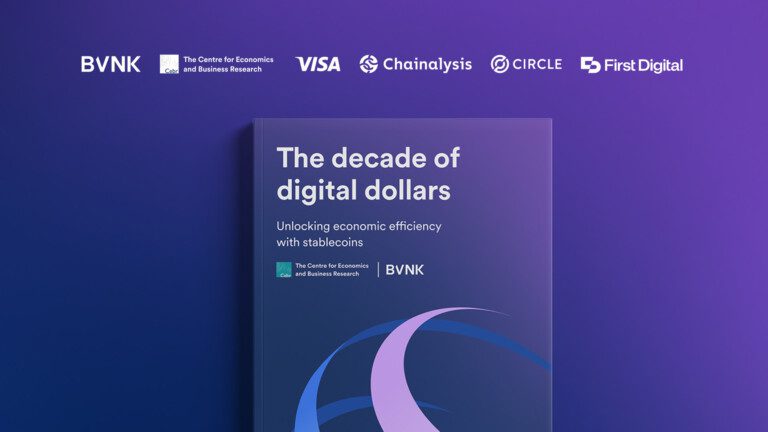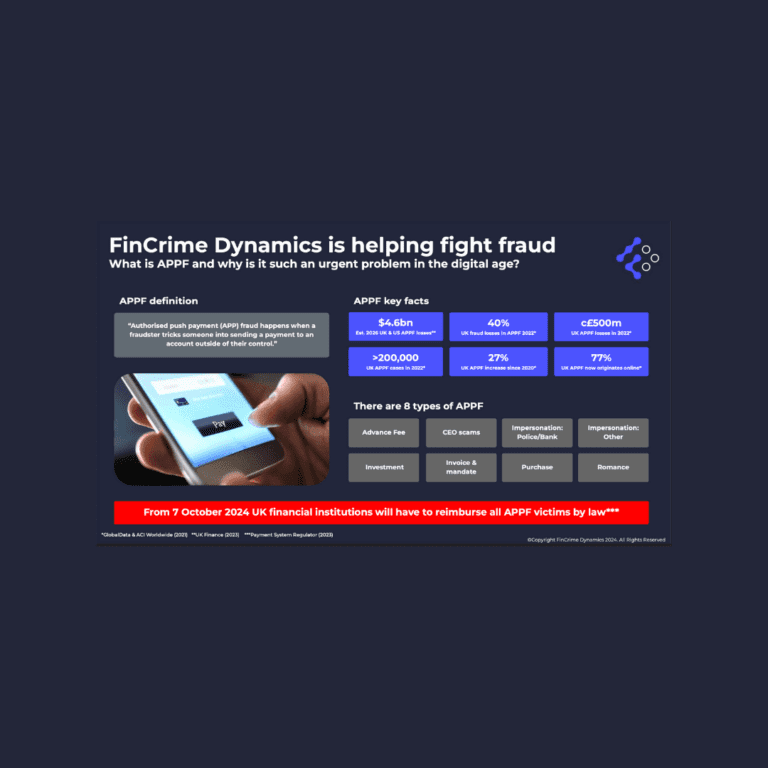While fintech has grown year-on-year since 2010, it has really advanced since 2020. This rapid acceleration is set to continue in 2023, with many factors coming together to cause major waves (tsunamis, in fact) in the fintech space. Some of the most important drivers of trends include increasing pressure from regulatory authorities worldwide, the state of the global economy, and the advent of new, generational technology, all set to change how organizations do business.
We spoke to our CEO, Eduardo Martinez and asked him what he thought the fintech space would be like in 2023. What follows is a summary of some of his observations.
1. Welcome to fintech market consolidation
The market is changing. There is a global downturn just about everywhere right now. It’s really affecting smaller companies. Finding investment is getting more and more difficult for start-ups. We’re thankful that Toqio was able to secure Series A financing at the end of September. It gave us the funds we needed to weather the storm and emerge even stronger with innovative new features. We’ve entered a growth phase, but others in our space aren’t going to be so fortunate. We’ve already begun to see some companies fold and there will be more. The market will thin out and only those with a solid business plan, a secure client base, and bulletproof technology will be left standing. Some companies might get bought out or merge with strategic partners, but one thing is for sure: the fintech space will be very different in a year, 2023 will be decisive for many companies and the fintech space as a whole.
2. The return of the incumbents
Incumbent banks and financial institutions are going to become even more relevant than they already are to the fintech space. They’re investing heavily in fintech companies and technologies and they’re not going anywhere. Goldman Sachs, HSBC, BBVA, Natwest and others are making major moves in open banking and BaaS and they’ll continue to do so. Large, stable companies with diversified interests and a willingness to adapt to the new landscape are going to be sexy again. In fact, the bigger the downturn, the more attractive they’ll become. They probably won’t try to take over the space, they know they’re not agile enough, so look for mega-deals between market leaders.
3. The big bang of B2B embedded finance
We’ve all seen companies embed finance into their consumer offering for a while. Now it’s time for companies to understand the scope of B2B embedded finance. Traditionally, B2B has fallen behind B2C in terms of embedded transactions, but the space is set to explode and reach USD 2.6 trillion in transactions by 2026, and about USD 183 billion in revenue by 2027. Many of the reasons behind the massive adoption of neobanks (such as the lamentably poor UX offered by traditional institutions) are going to be the same driving forces behind the proliferation of B2B embedded finance. Companies are going to look for solutions that provide business users with an excellent, efficient experience within the scope of a corporate offering, and they’ll be looking for experts that leverage the right technology and partnerships. That’s a massive opportunity for companies like ours, where we can get in on the ground floor of an entirely new way of doing business. We’re totally ready for it.
4. Increased regtech relevance
The regtech space hasn’t come close to the kind of adoption rates that more mainstream fintech solutions have enjoyed. Why? Well, even though regtech is as mature as fintech, regulators simply haven’t been very stringent in terms of enforcing compliance. They’re no longer going to be as indulgent as they have been, they don’t want another Wirecard on their hands. That’s one of the reasons compliance has been an increasingly hot topic over the last couple of years. Further, even though incumbents are increasingly collaborating with fintech providers on new products, compliance efforts are still lacking in terms of digital capabilities. The 2023 Future Focus Report from TrustQuay found that just one in three fund service firms have digitized. The acceleration in digital migration since 2020 is set to extend to regtech in 2023, with record 2021 investment in new regtech ventures. And it’s not just a question of digitization. Regtech will become more relevant than ever as regulatory bodies such as the UK’s FCA clamp down on financial crime and urge organizations to adopt digital technologies to enable stronger, more efficient compliance. We’re going to see major changes in the BaaS model as regulators begin to examine and exert control over the agency model, and that means we’re going to see a lot of BaaS providers start to incorporate digital compliance solutions into their standard offerings.
2023: A pivotal year for fintech
With businesses and people around the world facing a more volatile economy and many economies headed for recession – the UK is already in one, for instance – it’s natural for alternative finance initiatives to grow. After all, it was the economic turbulence of 2008 and 2009 that played a key role in the creation of the fintech movement in the first place. Fifteen years later in 2023, the same thing is set to occur. Strap yourselves in, it’s going to be a bumpy ride!
































